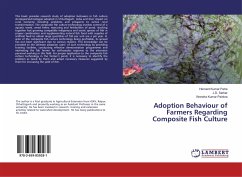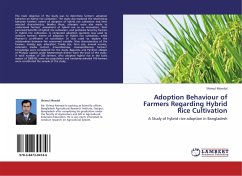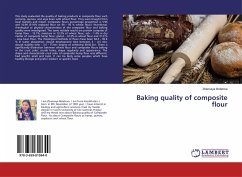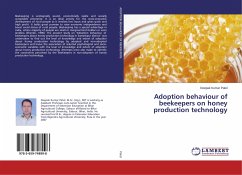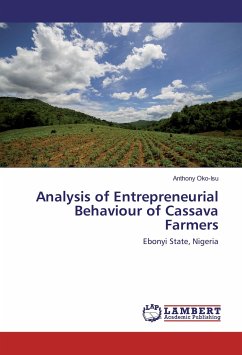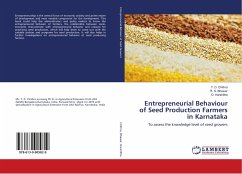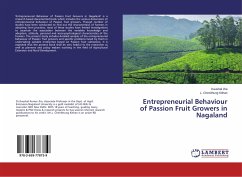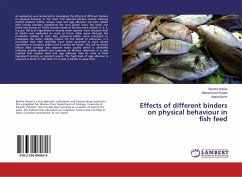This book provides research study of adoption behaviors in fish culture strategies/technologies adopted in Chhattisgarh, India and their impact on rural economy including problems and prospects to evince rural transformation. The composite fish culture technology involves control of a aquatic weed, weed fishes, manuring and fertilization of pond, stocking together fast growing compatible indigenous and exotic species of fish in proper combination and supplementing natural fish food with supplies of artificial feed to obtain large quantities of fish per unit are a per year. In spite of the composite fish culture technology being profitable, its spread has not been significant due to various reasons. This knowledge can be provided to the ultimate adoption users' of such technology by providing training facilities, conducting effective demonstration programmes and motivating the fish farmer for enthusiastic response to the extension personal working in this field. For proper application to the composite fish culture technology in the farmer's pond, it is necessary to identify the problem as faced by them and adopt necessary measures suggested by them for increasing the yield of fish.

